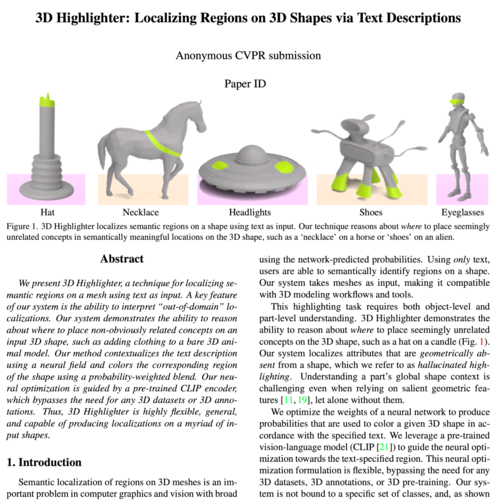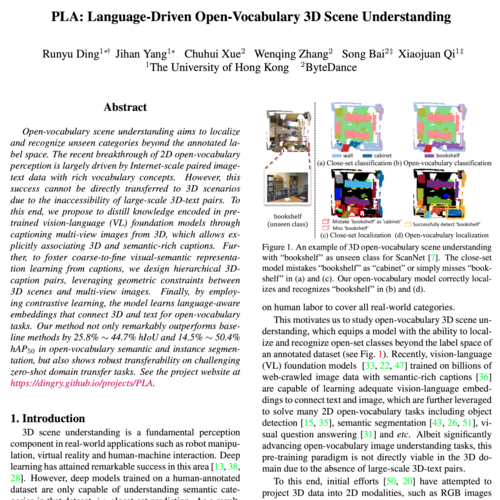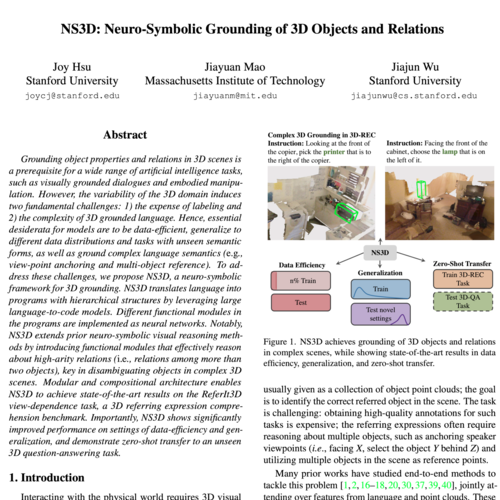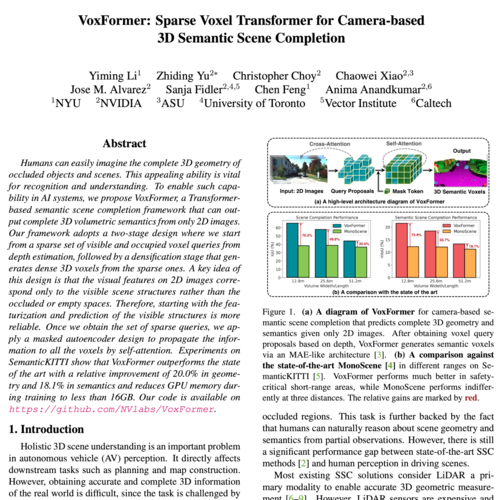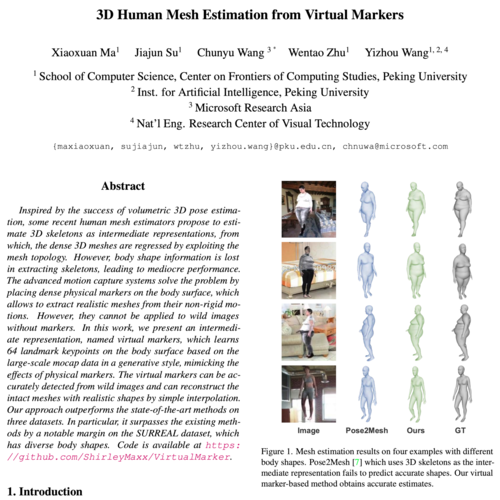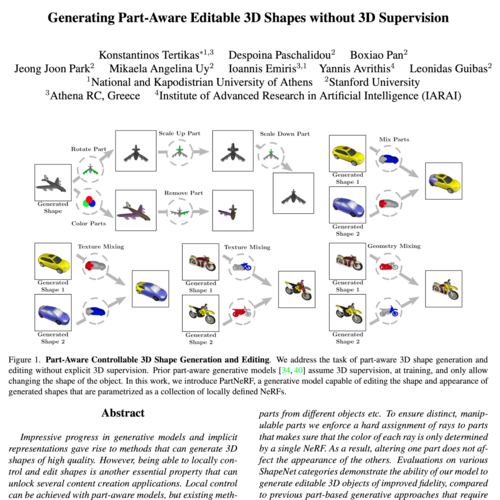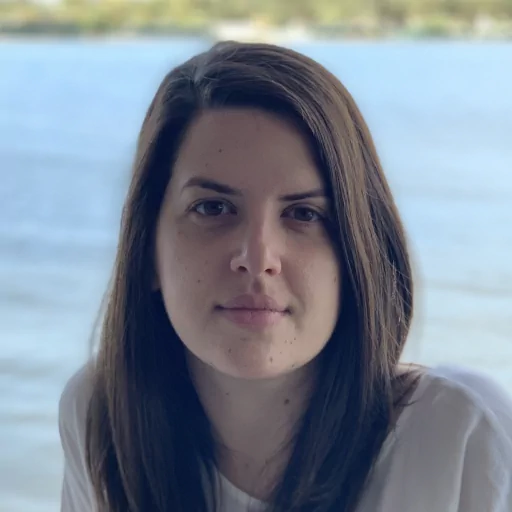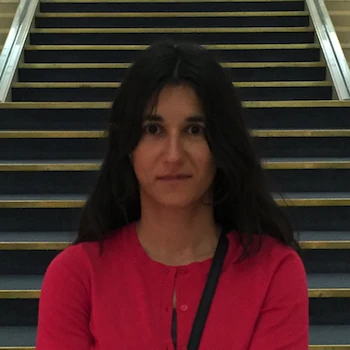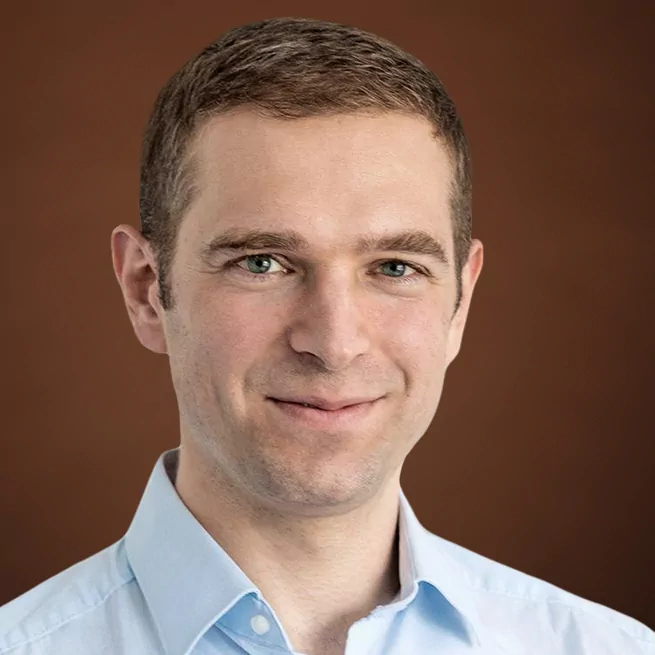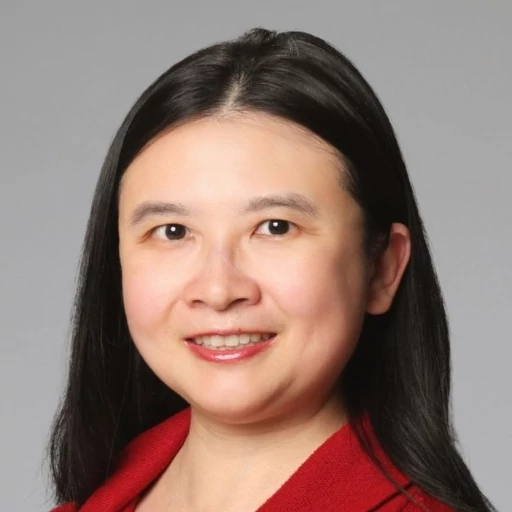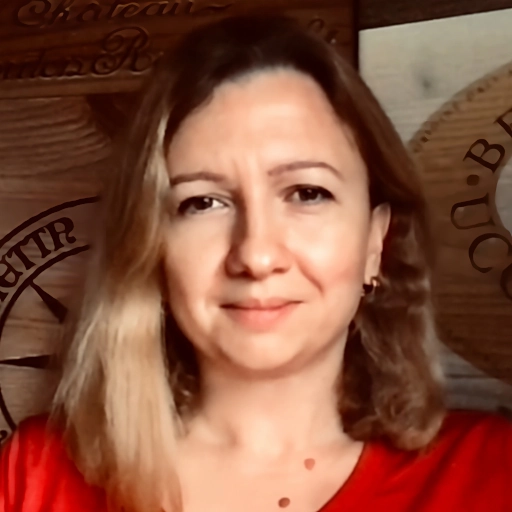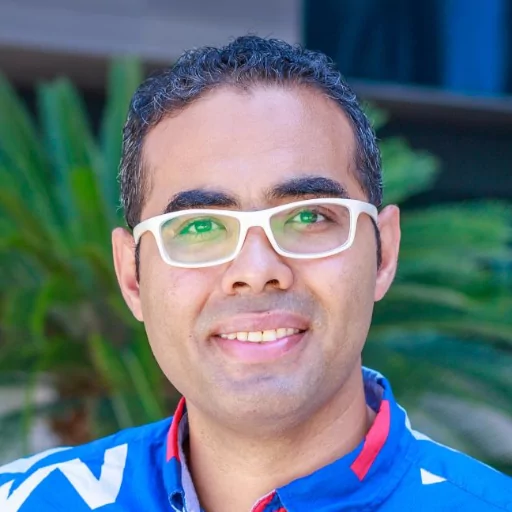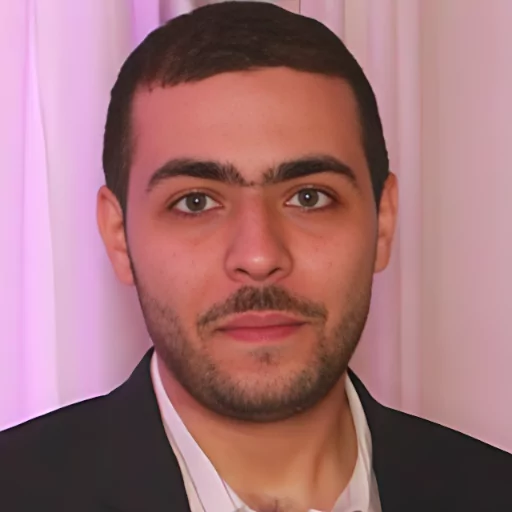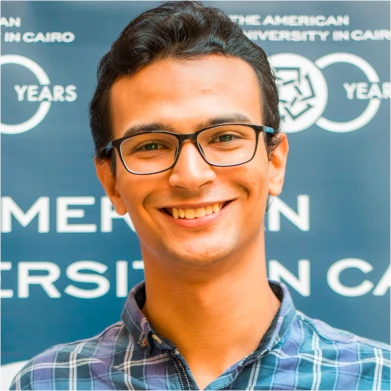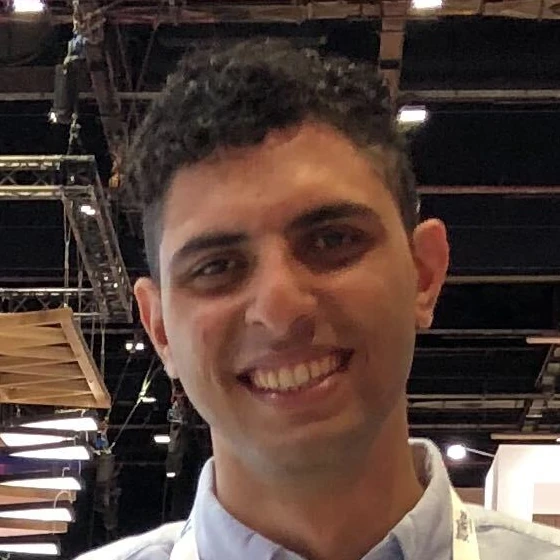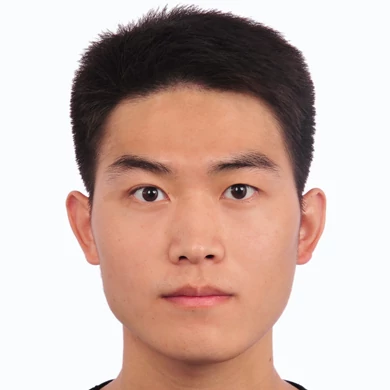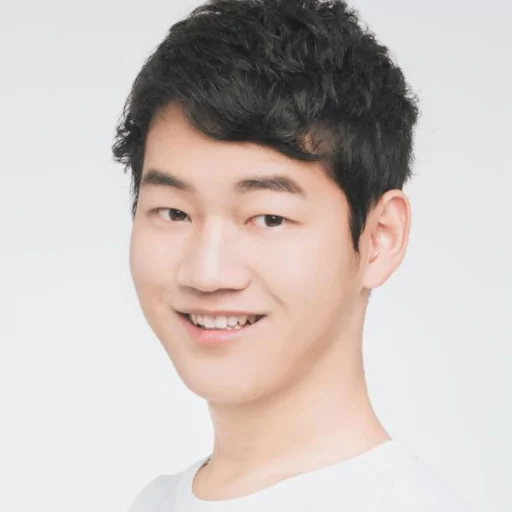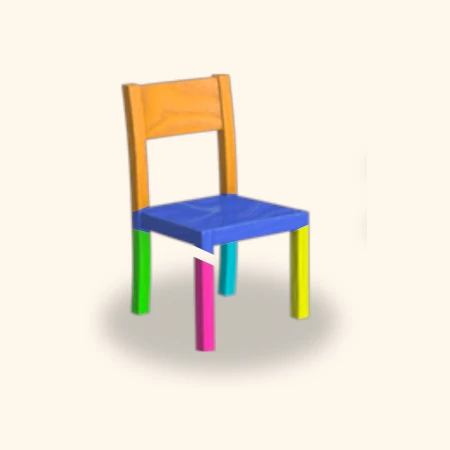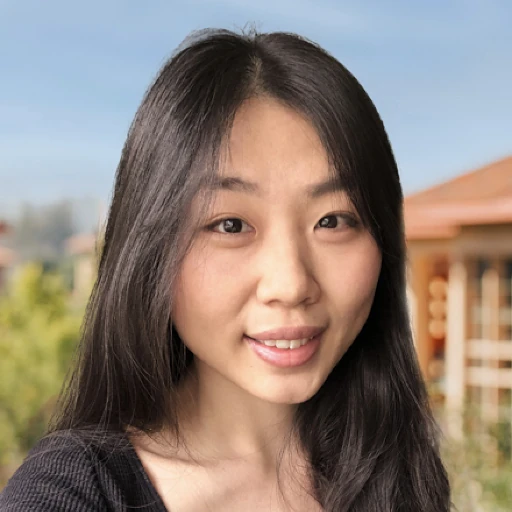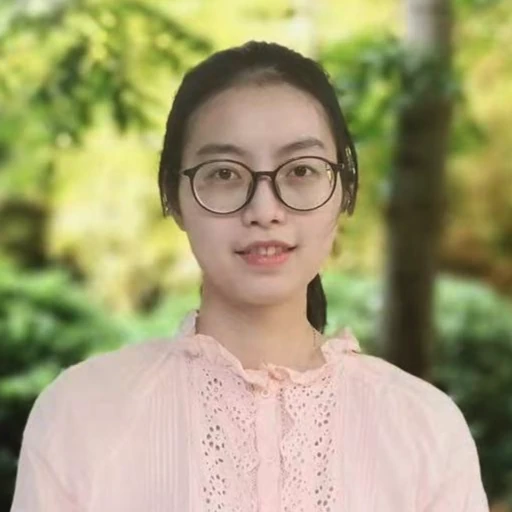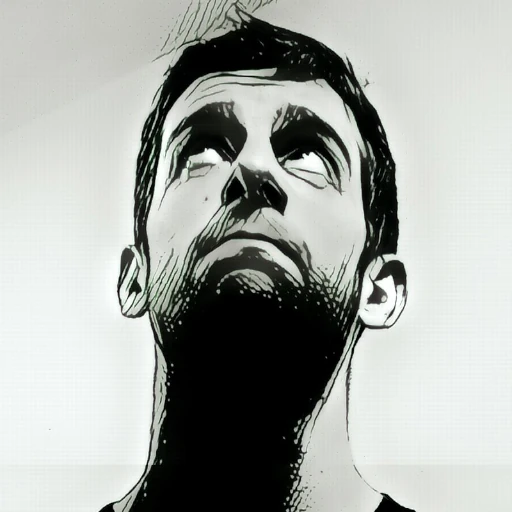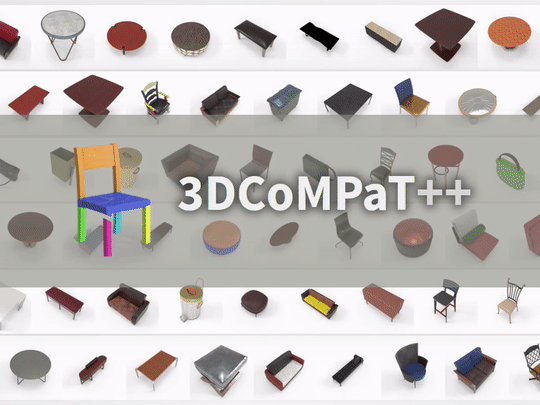
🎉 C3DV 2023 Challenge Winner
The Grounded CoMPaT Recognition (GCR) challenge at CVPR 2023 has come to a close, and we are thrilled to congratulate all the participants for their outstanding engagement and contributions. This challenge has brought together numerous brilliant minds to tackle the complex task of collectively recognizing and grounding compositions of materials on parts of 3D objects using the 3DCoMPaT dataset.
The GCR challenge has been a true testament to the global talent and innovation in the field of computer vision. We appreciate the incredible efforts put forth by all participants, as well as the sponsors and organizers who have made this challenge possible.
The winner of the GCR challenge, sponsored by King Abdullah University of Science and Technology (KAUST), has demonstrated exceptional skill and expertise.
All Tracks 2023 Winner:
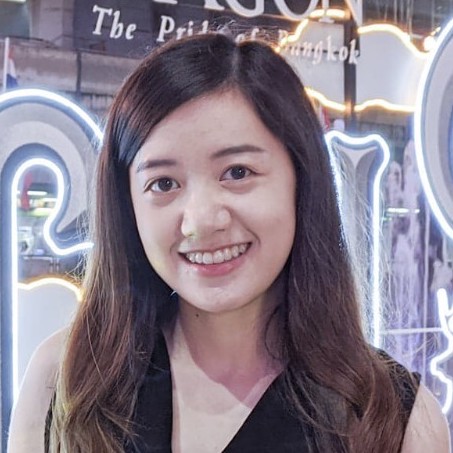
We extend our warmest congratulations to Cattalyya Nuengsigkapian for her remarkable achievement in the 3DCoMPaT challenge. Her innovative approach and dedication have earned her well-deserved recognition.
You can find Cattalya's video presentation below:
And her winning solution repository below:
We commend her remarkable contributions to the challenge goal and look forward to witnessing her future achievements.
Once again, we extend our heartfelt congratulations to the winner, Cattalyya Nuengsigkapian, and all the finalists of the GCR challenge. Your dedication and expertise have truly showcased the potential of compositional 3D vision and its applications. We express our gratitude to all participants for their enthusiasm and commitment to advancing the field of computer vision.
We would also like to thank our sponsors, organizers, and the entire CVPR community for their unwavering support in making this workshop a resounding success. Your contributions have been instrumental in fostering innovation and collaboration in the field of computer vision.
Congratulations to everyone, and we look forward to future challenges and advancements in the exciting field of computer vision!
Challenge overview
The Grounded CoMPaT Recognition (GCR) is a compositional 3D vision task that aims to collectively recognize and ground compositions of materials on parts of 3D objects. This task is based on the 3DCoMPaT dataset, a large-scale dataset composed of stylized 3D objects and associated 2D renderings. We propose two variations of this task: GCR-Coarse and GCR-Fine, which are based on coarse-grained and fine-grained 3D segmentations of the 3DCoMPaT models. We highly encourage participants of the challenge to enter and submit to both tracks of the challenge.📊 Dataset
The 3DCoMPaT dataset for both challenge tracks is available through our download page.📨 Submission
Submission will be made through the eval.ai platform.📜 Rules
Here are the rules for the challenge:- Submission Limit: Each participant is allowed to submit their solution a maximum of three times per day.
- Data Usage: Participants are not permitted to use any data other than the 3DCoMPaT data for training their models.
- Technical Report: Each participant must submit a technical report detailing their methods, which will be made public, in order to be eligible for any prizes or rewards.
🏆 Awards
Total prize pool: $3000. Teams are encouraged to particpate to both challenge tracks.- 1st: $1300
- 2nd: $700
- 1st: $700
- 2nd: $300



